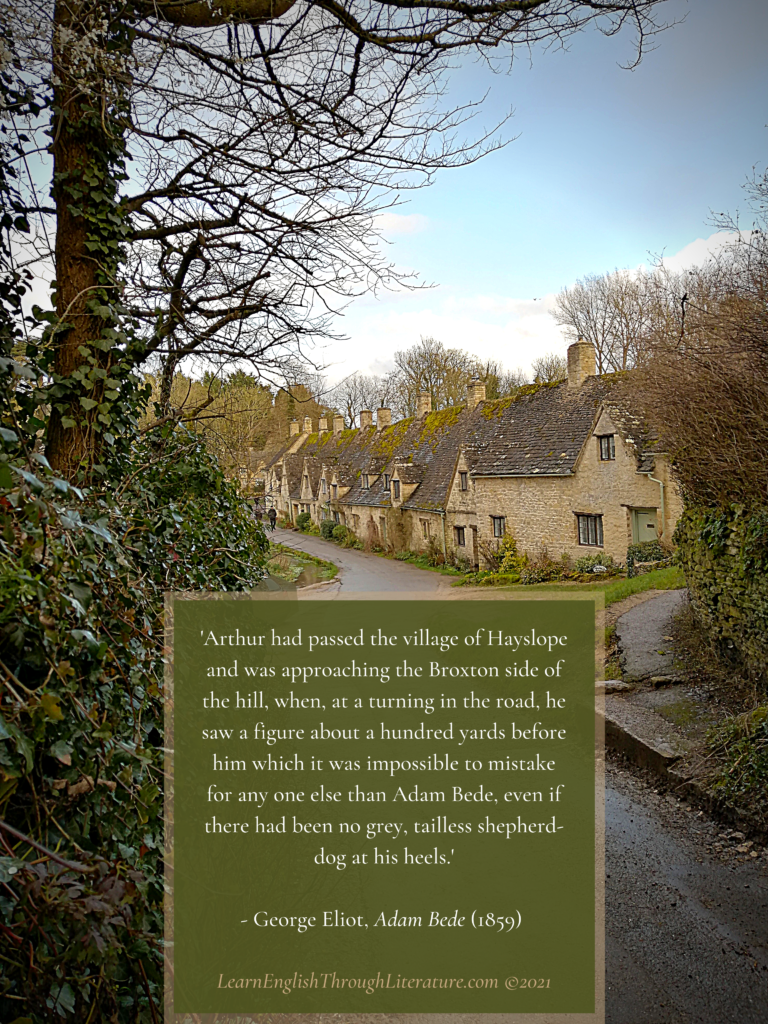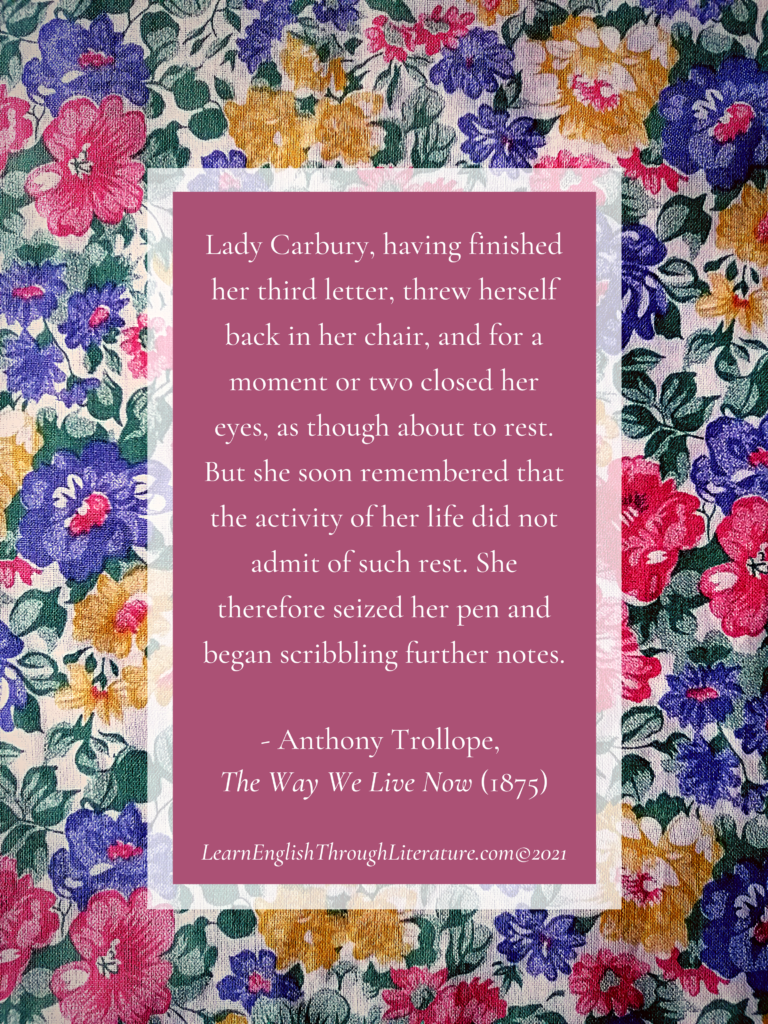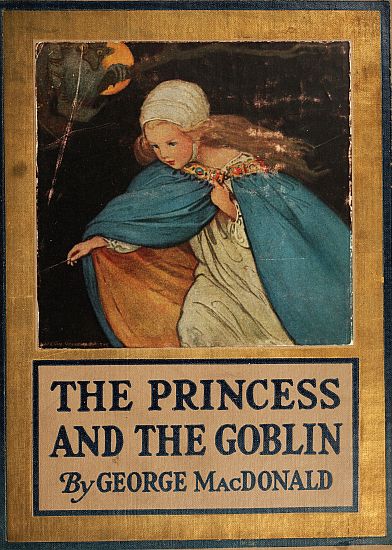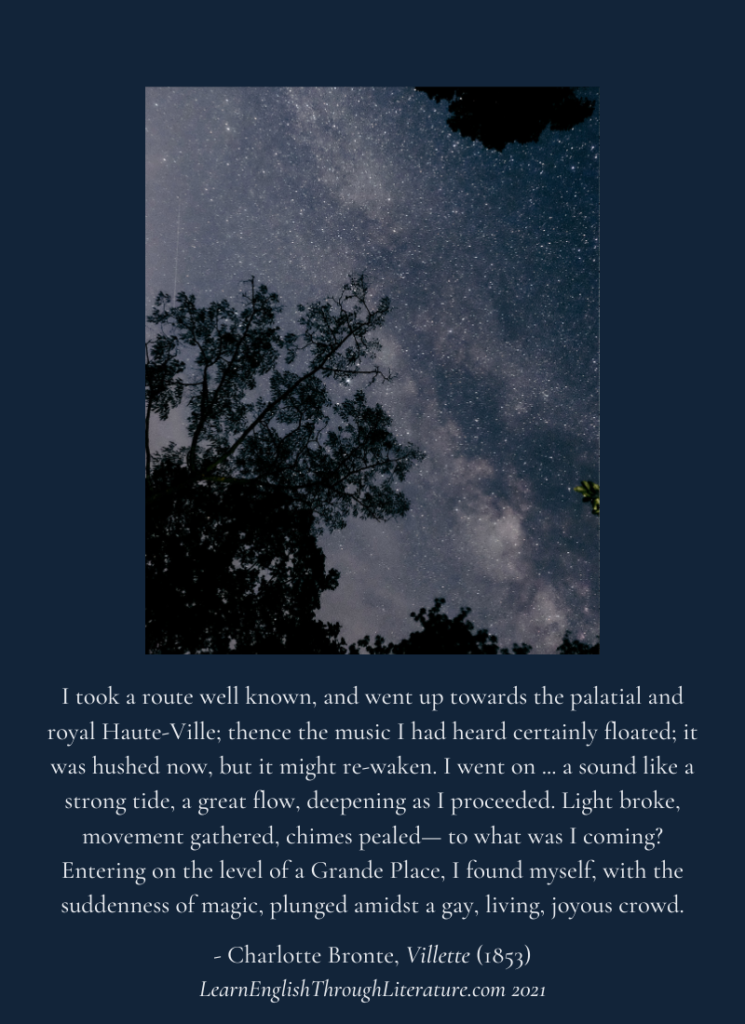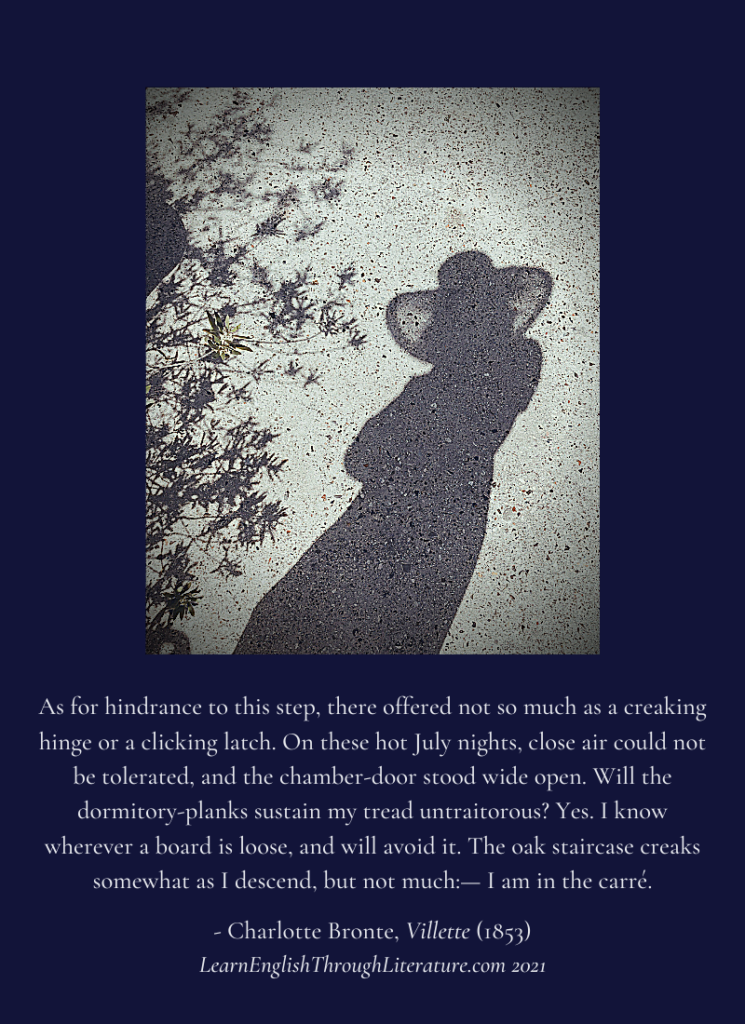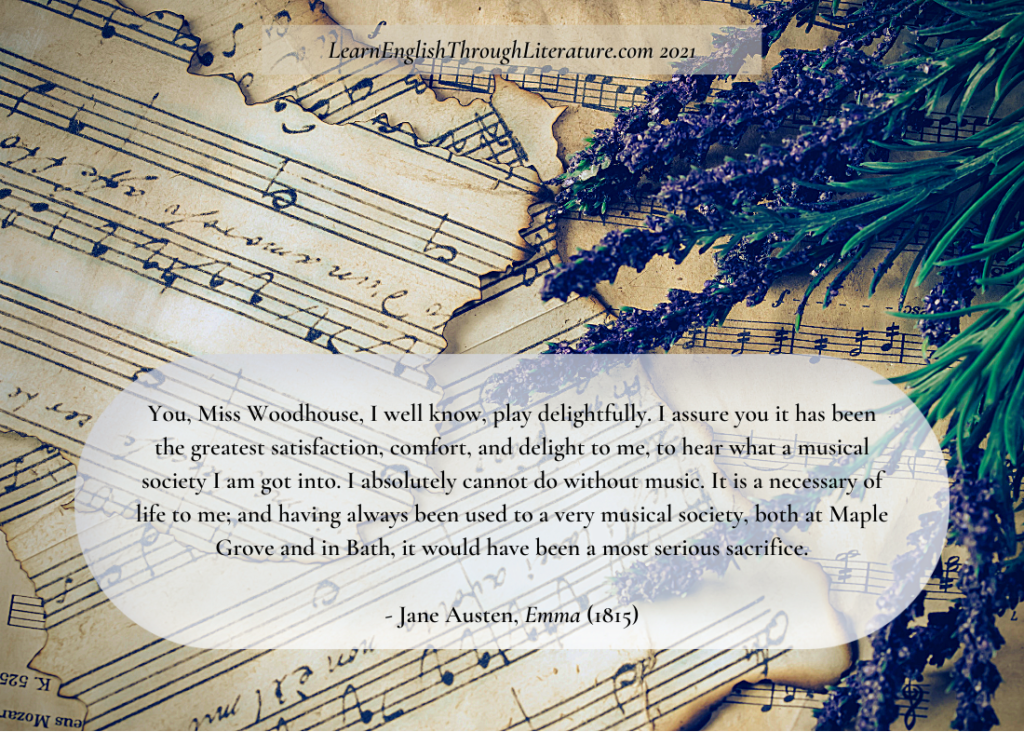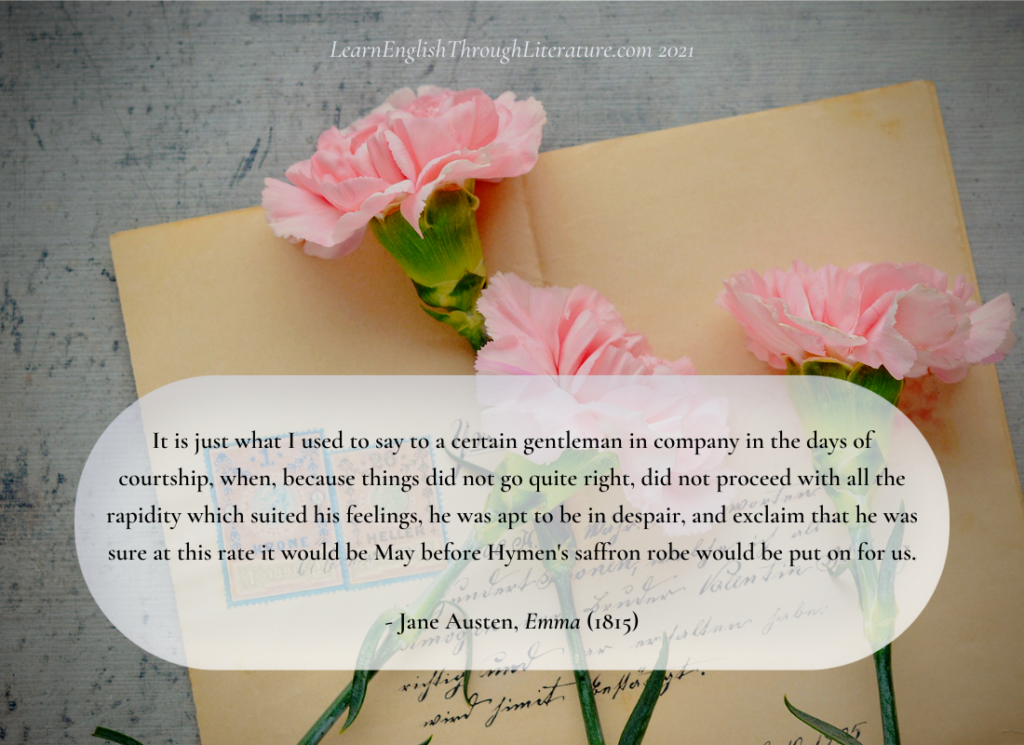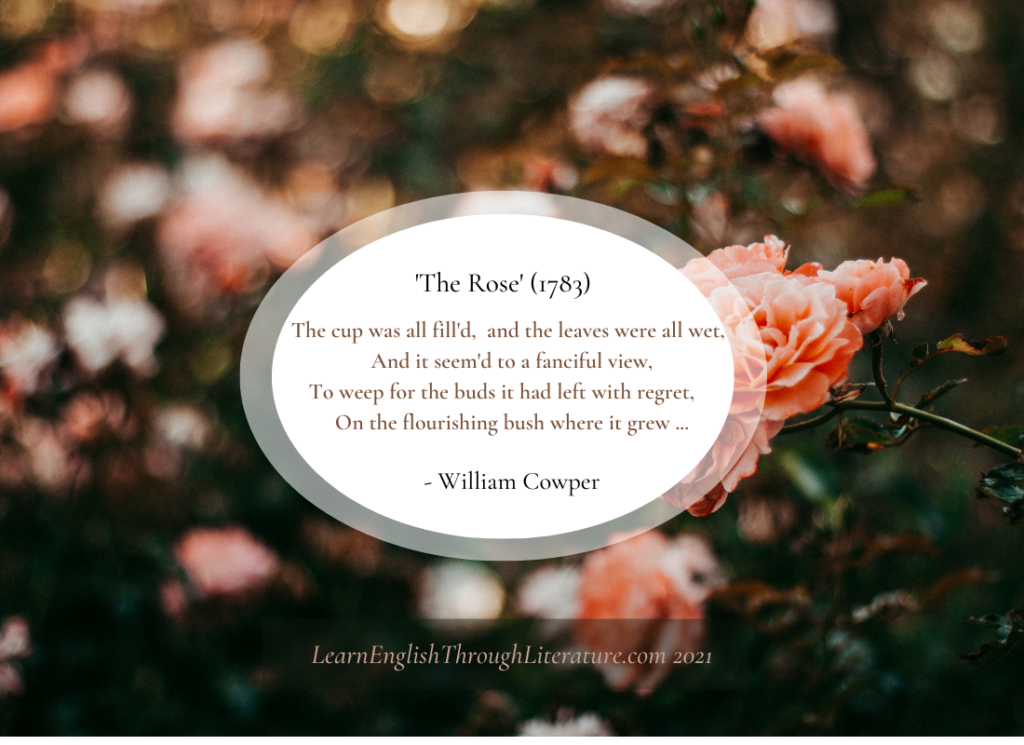Lesson #216: Seven Nouns with Identical Singular and Plural Forms in ‘Adam Bede’
📗 Arthur had passed the village of Hayslope and was approaching the Broxton side of the hill, when, at a turning in the road, he saw a figure about a hundred yards before him which it was impossible to mistake for any one else than Adam Bede, even if there had been no grey, tailless […]
Lesson #216: Seven Nouns with Identical Singular and Plural Forms in ‘Adam Bede’ Read More »

